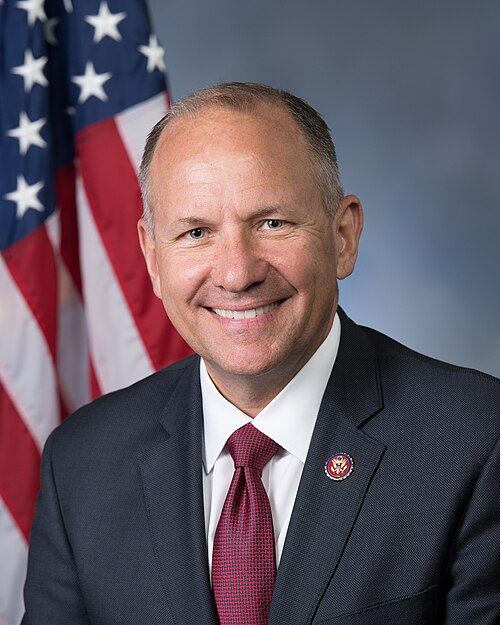H.R. 4841: Stomach Cancer Prevention and Early Detection Act
The Stomach Cancer Prevention and Early Detection Act aims to enhance understanding, prevention, and early detection of stomach cancer in the United States. The bill outlines several key initiatives and requirements, which can be summarized as follows:
Key Findings
- Stomach cancer constitutes approximately 1.5% of all new cancer diagnoses in the U.S., with an estimated 30,300 new cases expected in 2025.
- There are notable disparities in the incidence and outcomes of stomach cancer among different racial and ethnic groups.
- Although the overall incidence of stomach cancer has decreased, awareness of symptoms and the importance of early detection remain low, particularly among high-risk individuals.
National Cancer Institute Review
The bill mandates the Director of the National Cancer Institute (NCI) to conduct a comprehensive review that includes:
- Current incidence rates of stomach cancer across the U.S.
- Identification and analysis of risk factors, particularly in high-risk groups.
- Evaluation of optimal age ranges for screening for Helicobacter pylori (H. pylori) infection, which is a significant risk factor for stomach cancer.
- Assessment of the availability and effectiveness of screening technologies, including endoscopic procedures.
- Analyzing current public awareness and education regarding stomach cancer prevention and screening.
- A report of findings and recommendations must be submitted to Congress within 18 months of the bill's enactment.
Department of Defense Study
The bill also requires the Secretary of Defense to coordinate with relevant health agencies to conduct a study on stomach cancer among military personnel, focusing on:
- Incidence, prevalence, and mortality rates among active-duty members and veterans.
- Risk factors related to military service, such as exposure to hazardous materials.
- Disparities in cancer outcomes based on demographic and service-related factors.
- Current screening and treatment availability within military healthcare systems.
- A report to Congress on the study's findings and recommendations is due within 18 months.
Recommendations
Based on the reviews and studies, the reports are expected to include:
- Definitions of high-risk populations for targeted education and screening efforts.
- Strategies for identifying high-risk individuals and improving detection methods for early gastric cancer.
- Guidelines for routine screening for stomach cancer.
- Recommendations for enhancing research on prevention, early diagnosis, and treatment of stomach cancer.
Potential Impact
This legislation aims to establish a clear foundation for improving public health outcomes related to stomach cancer, enhancing preventive measures, and increasing awareness and education for both the general public and healthcare providers.
Relevant Companies
None found.
This is an AI-generated summary of the bill text. There may be mistakes.
Sponsors
4 bill sponsors
Actions
2 actions
| Date | Action |
|---|---|
| Aug. 01, 2025 | Introduced in House |
| Aug. 01, 2025 | Referred to the Committee on Energy and Commerce, and in addition to the Committees on Armed Services, and Veterans' Affairs, for a period to be subsequently determined by the Speaker, in each case for consideration of such provisions as fall within the jurisdiction of the committee concerned. |
Corporate Lobbying
0 companies lobbying
None found.
* Note that there can be significant delays in lobbying disclosures, and our data may be incomplete.
Potentially Relevant Congressional Stock Trades
No relevant congressional stock trades found.



